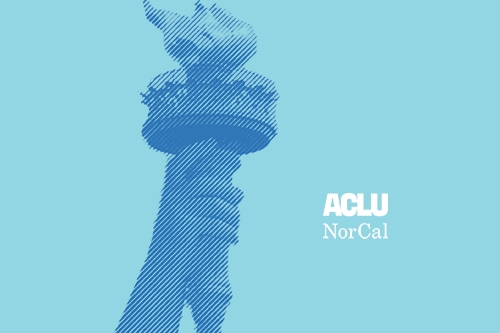Article Media

San Francisco – In December, officials at a Sacramento-area high school suspended a student for posting to Facebook a message describing one of his teachers as a “fat ass who should stop eating fast food, and is a douche bag.” But this week, officials at the school moved quickly to expunge the suspension after a lawyer from the American Civil Liberties Union of Northern California put forth this civics lesson: the First Amendment bars schools from disciplining students for speech unless the speech creates a significant disruption to the school environment.
According to the student’s mother, Kristina Dunlap, officials at the school originally asked that the student, Donny, apologize and remove the posting. Donny did so. But later the same day, school administrators were apparently instructed by the school district to suspend Donny for “cyber-bulling.” Donny and his mother were shocked by the notice of suspension.
“My son is an honor student and a star football player, and his goals in life are to go to a university and to join the marines,” explained Dunlap. “It would be disastrous for him to have something like this on his record.”
The posting was tasteless, one might even call it sophomoric. But it was not cause for official censure or punishment by the school. “State law as well as the Bill of Rights to the Constitution grant students strong protections for their speech,” said ACLU staff attorney Linda Lye.
In a case involving facts virtually identical to those in this incident, the court found unconstitutional the suspension of a student for writing a “Top Ten” list that contained negative comments about the appearance of a school athletic director and concluded, “…[d]isliking or being upset by the content of a student’s speech is not acceptable justification for limiting student speech.” Killion v. Franklin Regional School Dist., 136 F.Supp.2d 446 , 455 (W.D. Pa. 2001).
Because Donny’s Facebook posting posed no actual or threat of substantial disruption, it is protected speech. Donny posted the comment to his Facebook page from his home computer during non-school hours, another fact that makes his suspension unlawful.
Students can be punished for “cyber-bullying,” which is defined as electronic communications that involve sexual harassment, a hate crime, or creation of an intimidating or hostile educational environment.
“This is not a Facebook thing, it’s a communication thing,” added Dunlap. “Teens should be able to vent, and children should be able to write things down, and say what they want to say. School officials have no business punishing students for harmless words.”
